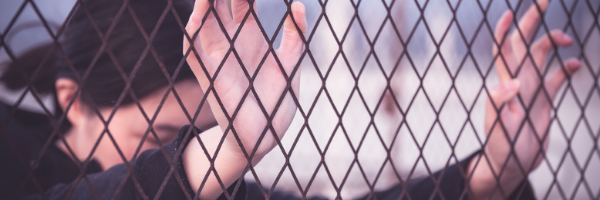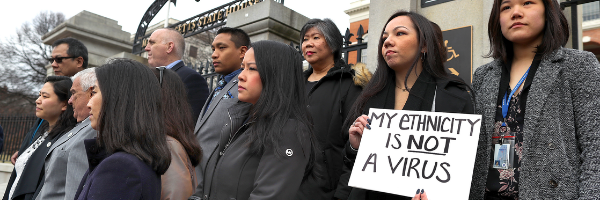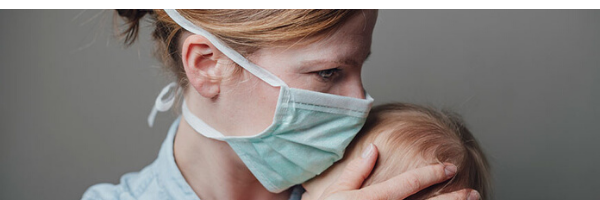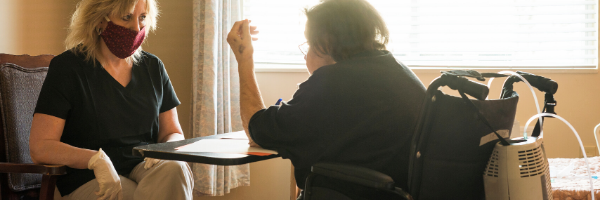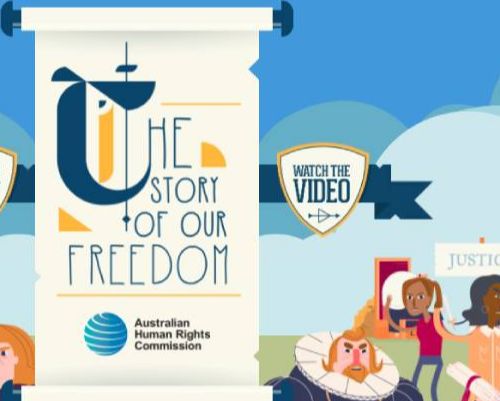Community update: COVID-19 (April 2020)
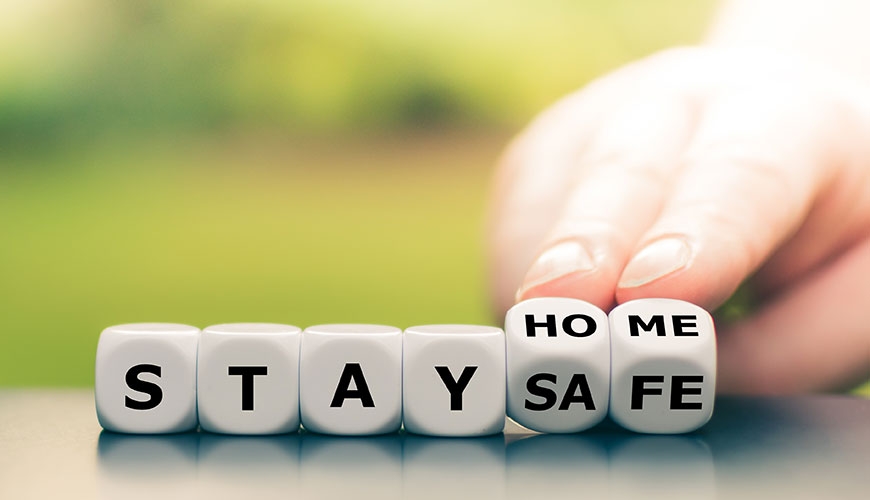
Community Alert
Commissioner Update - COVID-19
Dear friends,
We are living through an extraordinary challenge for our society and our community—A public health crisis the world has not seen since the Spanish Flu pandemic in 1918. These remarkable times have seen our governments take unprecedented measures to contain the spread of the Covid-19 pandemic to save lives.
The actions taken by our leaders have been necessary, but they have had a significant impact on all our lives, and on the rights and freedoms many of us have come to take for granted. While we have seen positive signs that these measures are working to keep as many people as possible safe and well, we have also been reminded by health experts that it is still ‘early days’ in responding to the pandemic and that current restrictions may continue for some time.
When viewed through the lens of human rights, these restrictions raise some questions and concerns. International human rights conventions have always recognised the right of government to limit some of our rights and freedoms—including the freedom of movement—under certain circumstances. These include responding to a public health crisis or for reasons of national security.
However, measures that limit our rights and freedoms on these grounds must always be necessary and proportionate to the evaluated risk, and must respect people’s dignity, human rights and fundamental freedoms. These measures should be in place for the shortest time possible consistent with the emergency.
Ultimately, this means achieving a balance between our rights and the restrictions that have been put in place to safeguard all of us. That balance is not always easy to achieve.
In this newsletter, my fellow Commissioners discuss the human rights implications of the pandemic in their specialised areas. The Australian Human Rights Commission is continuing to work with government and our stakeholders on these issues to find the best outcome and to safeguard our human rights.
Human rights are now as important as they ever were. As part of the Commission’s National Conversation project, we are aiming to identify what an effective system of human rights protection looks like for Australia overall, including in extraordinary times.
The Commission is maintaining our key functions in protecting and promoting human rights, for all of our community. That means we are still available to help you with your concerns and our work will continue, but with some adjustments.
To look after our staff and the public we have closed our physical office until further notice. But our National Information Service phone line and our Complaints function will remain operational. If you have concerns about discrimination or other breaches of human rights, we are ready to assist you.
We are all in this together. And the Commission is here to help.
Emeritus Professor Rosalind Croucher AM
President
Ensuring human rights safeguards for everyone in Australia
- Edward Santow, Human Rights Commissioner
Our commitment to human rights is an important protection against creeping authoritarianism, which we are starting to see in some other countries. While public health emergencies call for extraordinary measures, restrictions must be reasonable, proportionate, consistent with international law, and in place for the shortest time possible. They also need genuine independent oversight. We are all in this together so it’s vital we ensure that no-one is left behind.
Racism undermines COVID-19 Response
- Chin Tan, Race Discrimination Commissioner
Since the very beginning of the COVID-19 outbreak, there have been persistent reports of racist abuse and discrimination. It’s an alarming trend that deeply affects individuals and undermines the community’s ability to respond effectively to the pandemic. I have been speaking in the media and working with government and other stakeholders to advocate for social cohesion at a time when it is needed more than ever.
Protecting children from impacts of Coronavirus
- Emeritus Professor Rosalind Croucher AM, President
The disruptions caused by COVID-19 have the potential to affect children profoundly, particularly children who are already at risk of being marginalised. This includes children in families who are experiencing poverty, homelessness or domestic violence. They will need support to help them manage the effects of COVID-19 and the restrictions that have been imposed. The Commission welcomes as a good starting point the additional funding that has already been announced to address mental health, poverty and domestic violence.
> Read the article
The gendered impact of COVID-19
- Kate Jenkins, Sex Discrimination Commissioner
The impacts of COVID-19 are not gender-neutral. This pandemic, and our response to it, will test Australia’s progress towards equality in many ways. My team and I are continuing our work to promote gender equality, tackle sex discrimination and build a fairer, more productive society.
Pandemic requires comprehensive response for Australians with disability
- Dr Ben Gauntlett, Disability Discrimination Commissioner
While we are yet to see the full impact of COVID-19 in this country, it is already clear that this global pandemic is exacerbating the challenges faced by people with disability in the Australian community. These challenges are impacting the health and economic wellbeing of people with disability and will require a comprehensive community response.
Pandemic response presents an opportunity but also poses risks for older people
- The Hon Dr Kay Patterson AO, Age Discrimination Commissioner
Everyone in Australia is coming to terms with changes in the way we work, learn, socialise and behave. Only a few months ago we could not have imagined the challenges facing us, and the world, today. But with change comes opportunity. As Age Discrimination Commissioner, I’ve witnessed—mostly virtually—some very positive signs that Australians are helping and protecting those in our community who have need of our support. But life as we now know it also carries with it risks that particularly older people in Australia may be more vulnerable to.
Failure to close the gap in healthcare put Aboriginal and Torres Strait Islander people at increased risk
- June Oscar AO, Aboriginal and Torres Strait Islander Social Justice Commissioner
Aboriginal and Torres Strait Islander peoples still experience significant health inequality and this failure to close the gap in healthcare has put our people at increased risk during COVID-19. Meanwhile, increased police powers could lead to further disproportionate targeting of Indigenous people, leading to more fines and even higher incarceration rates.
Human Rights in virtual classrooms
We know how difficult the transition to online education is for our children and young people, educators and families during this time. What you might not know is the Commission has a suite of free education resources that are designed to work with the current national school curriculum!

The Commission is here to support you
The Commission is working to help safeguard the human rights of all people in our community. Head to our webpage for up-to-date Coronavirus information, frequently asked questions and updates by the Commission on COVID-19.
Contact us
Click here to contact the Commission.

